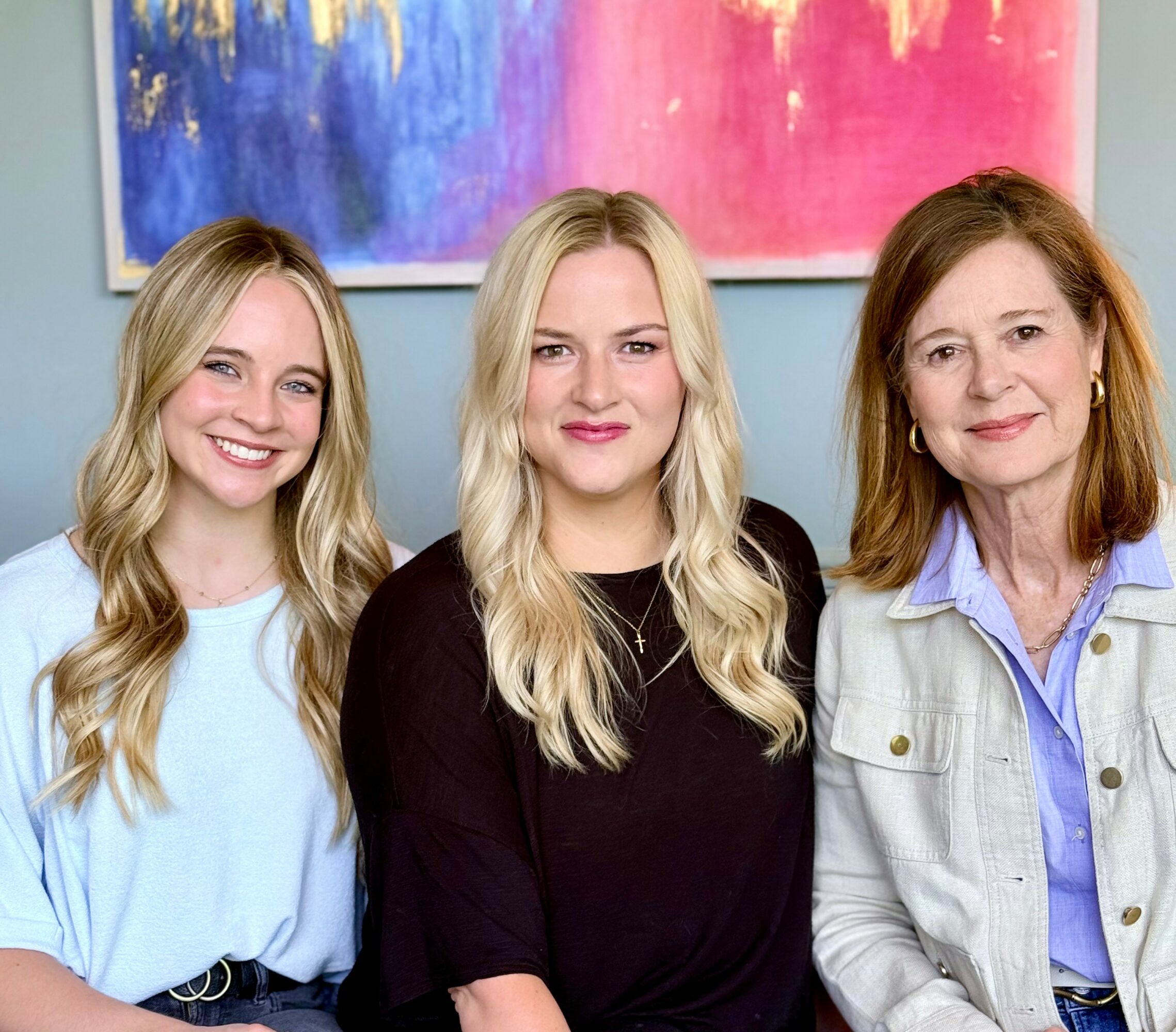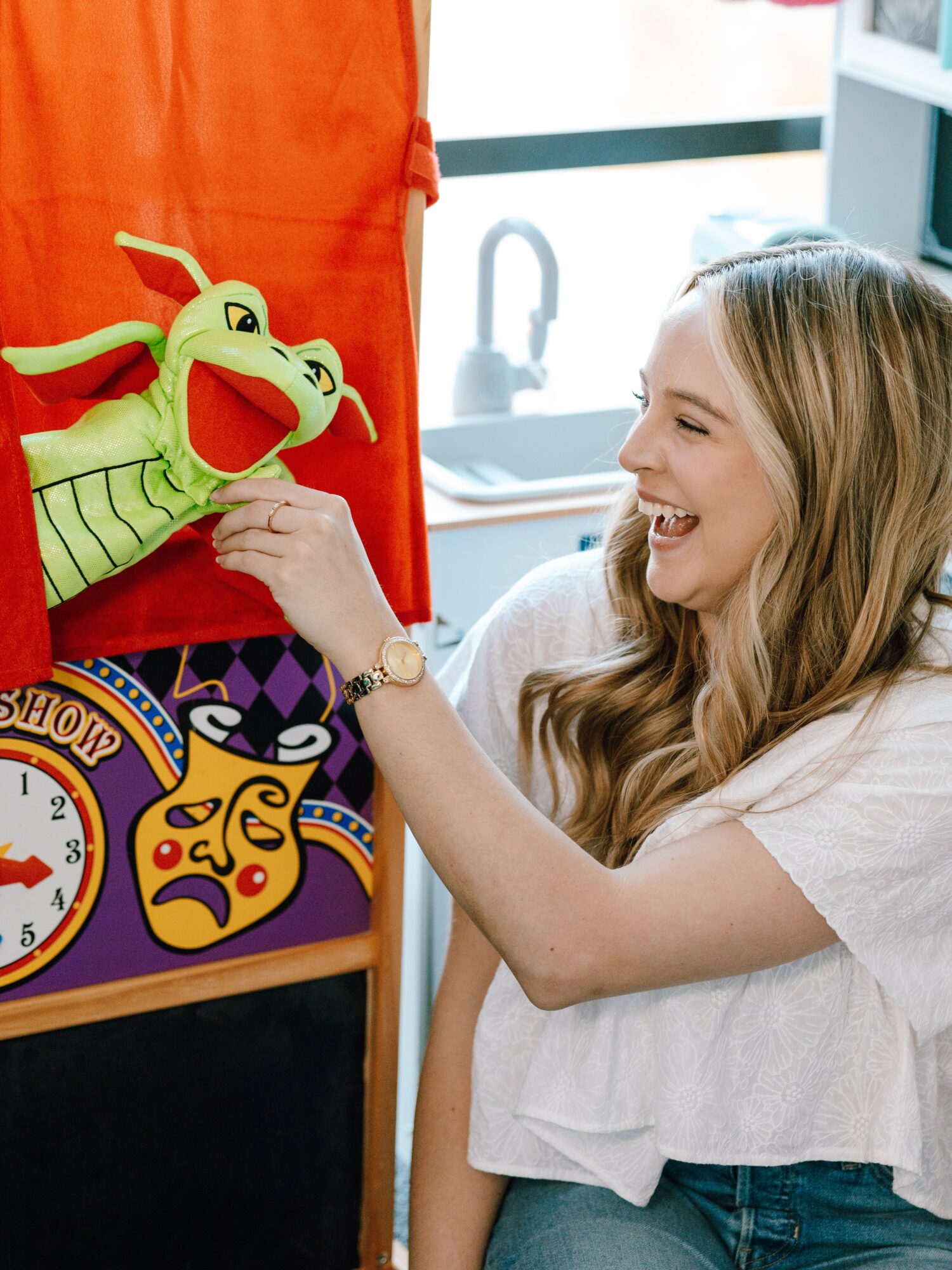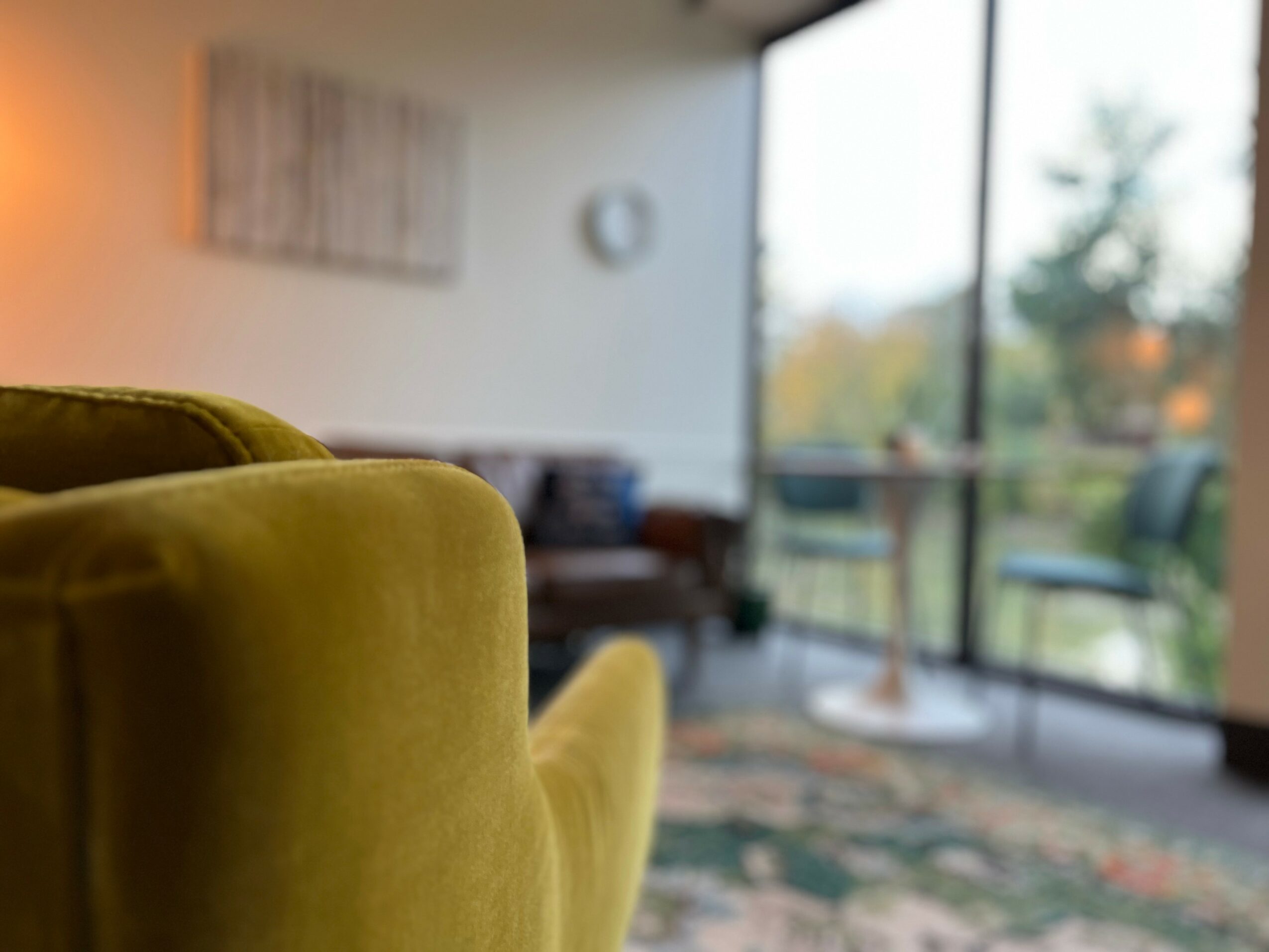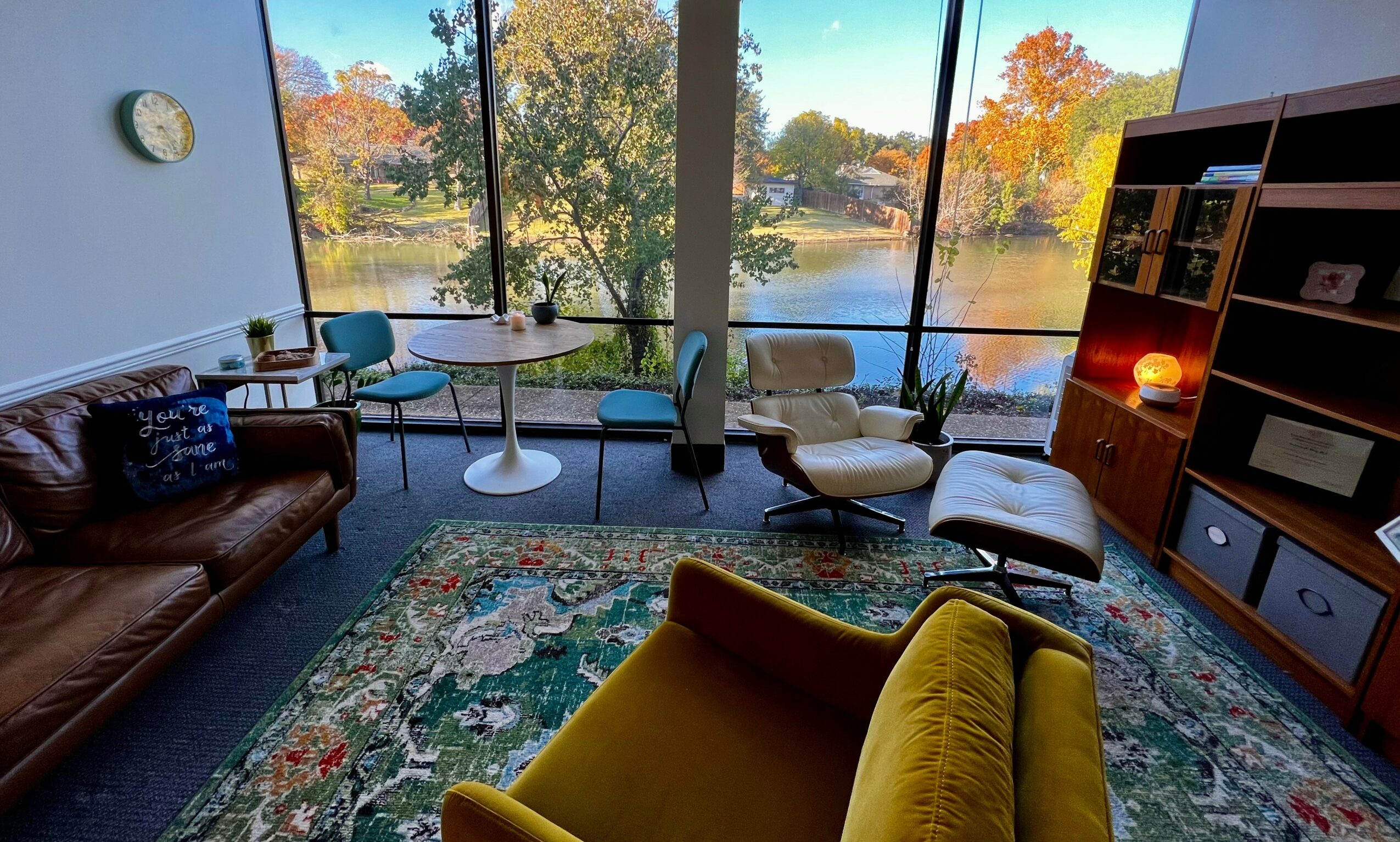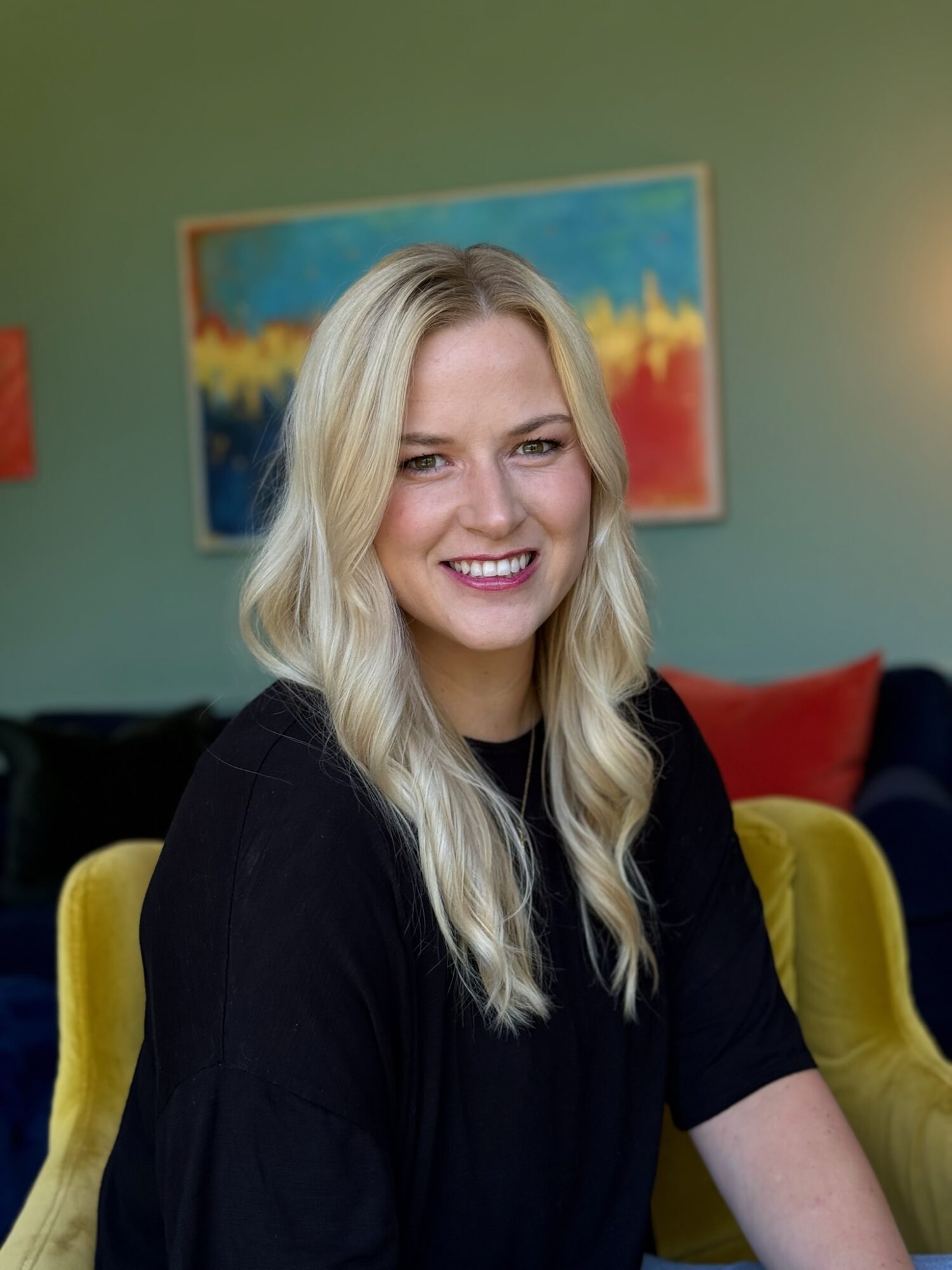

Today we’d like to introduce you to Courtney King.
Hi Courtney, so excited to have you with us today. What can you tell us about your story?
“You have such a way with people… maybe it’s okay if school isn’t your thing. Focus on that!”
– My Mom
That was how my mom often encouraged me when my ADHD and dyslexia turned late nights of homework into adolescent tears of despair. I was diagnosed around sixth grade, and all I remember hearing was what I already knew: “School is not going to be an accurate reflection of your abilities, and it’s going to take a lot of work.”
This unknowingly and unintentionally set me on the path to a career that would eventually highlight, over and over again, how our greatest weaknesses can also become our greatest strengths if we learn how to steward them well.
I always loved psychology and the idea of being a counselor, but not the idea of having to go to graduate school. My only goal up to that point was to get out of school as fast as possible, as seen by my Communications degree from Baylor University. Working at a summer camp for high schoolers for a few summers really sparked a passion and showed me how much teens needed a space to be heard and understood. I wanted so badly to help bridge the gap between the campers and their parents when they talked about how much they were struggling at home. That experience planted the seed for what would become my counseling career. The year following my last summer at camp, I was mentored by my psychology professor, who very surprisingly convinced me that just maybe I could do the whole graduate school thing.
To my surprise, I felt very confident academically in graduate school at Denver Seminary. However, my personal and emotional state throughout the process was a roller coaster. I was told graduate school can feel like metaphorical “open-heart surgery.” They weren’t wrong.
Graduate school was my first encounter with depression, and I learned that putting so much of my personal value and identity in my ability to be there for friends, family, and clients isn’t as healthy, sustainable, or noble as I once thought.
This lesson, at the time, felt earth-shattering. How was I going to sustain a career doing something that highlighted my greatest weakness? Thankfully, through prayer and very skilled therapists, I am confident that every painful lesson in introspection, accountability, and growth allowed me to develop my skills, boundaries, and values as a therapist. None of those things could have ever been learned in a classroom. While I believe one of my greatest strengths is my ability to love and care for people, learning that it needed a lot of training, refinement, and humility early on was one of the greatest gifts I could have received.
The culmination of my educational experiences led to the foundation of my therapeutic approach. First and foremost, if I don’t have my own life, values, and personal health in check, I will get in the way of my clients doing the same. Second, therapy should help us get out of our own way, not toward hyper self-consciousness but toward empowered self-awareness. This allows us to be in the driver’s seat of our emotional and life experiences rather than passive bystanders. Finally, I believe everyone is capable of redemption, healing, and growth as long as they truly want it.
Alright, so let’s dig a little deeper into the story – has it been an easy path overall and if not, what were the challenges you’ve had to overcome?
I’m not sure if it was a smooth road or if it just seemed that way, relatively speaking. I started King Family Counseling in 2018. After finishing grad school and working at an at-risk youth center in Colorado, then moving back to Texas and working at an eating disorder treatment center for the majority of my 2,000 hours as an LPC-Associate, starting my own practice felt like both a relief and a long-time dream realized. I picked the school and internships I did because I wanted to feel competent and confident by the time I branched out into private practice. I felt very prepared and ready for the new venture.
Maintaining great relationships with my past employers and networking with other strong clinicians allowed me to start off with amazing referral resources and collaborative working relationships I still have today. One of my specialties is eating disorders. I worked with some incredible doctors, dietitians, and psychiatrists while at Eating Recovery Center of Dallas. I didn’t have any prior experience before being trained there, and I took full advantage of the opportunity to learn from the professionals around me. I still work with many of them today and will forever be thankful for those who continue to trust me with their clients.
We’ve been impressed with King Family Counseling, but for folks who might not be as familiar, what can you share with them about what you do and what sets you apart from others?
King Family Counseling was established in 2018, and I cannot imagine doing anything else. My specialties include, but are not limited to, eating disorders, anxiety, depression, ADHD, and working with teens and adult women. One of my main focuses, regardless of the therapeutic issue, is encouraging connection within the support system. This often looks like working on dynamics and communication between parents and their teens or young adult children. I don’t conduct what you’d call traditional “family therapy,” but I incorporate different parts of the family and support system when it’s necessary and therapeutically relevant. Helping mothers and daughters get “better at fighting” is one of my favorite things to work on.
I have had the privilege of working with my associate, Jordan Rodgers, LPC-Associate, for a little over a year. She joined me last September, and it has brought such joy and encouragement to King Family Counseling. Jordan works with kids ages 3 and up and is amazing with teens and young adults. She has a unique gift for connecting with what we call the “bridging the gap” age, the 9 to 12-year-olds. They’re not quite ready for regular talk therapy but feel like they’re a little too old for play therapy.
This summer, I had the privilege of welcoming Lane Fleming, LPC-Associate, to King Family Counseling, which now allows us to provide support for couples as well. Lane has a passion for helping couples build strong foundations and has completed Level 1 Training in the Gottman Method for Couples. She is also a certified facilitator in both SYMBIS Pre-Marital and Prepare/Enrich.
All of our info, pricing and services are available on our website @ kingfamilycounseling.com
Do you have recommendations for books, apps, blogs, etc?
Some of my favorite books to recommend…
8 Keys to Recovery from an Eating Disorder by Carolyn Costin and Gwen Schubert Grabb
Feeding the Mouth That Bites You: A Complete Guide to Parenting Adolescents and Launching Them into the World
by Kenneth Wilgus, Ph.D.
The Teenage Brain: A Neuroscientist’s Survival Guide to Raising Adolescents and Young Adults
by Frances E. Jensen and Amy Ellis Nutt
8 Keys to Safe Trauma Recovery: Take-Charge Strategies to Empower Your Healing
by Babette Rothschild
APP
The only App I would recommend for anyone is called “Brick”. It is a physical brick (tiny plastic block) that blocks apps on your phone and only unlocks and locks when physically scanned. I think we all could use it and I feel like it would be a really helpful took with setting boundaries and incentives with your teens and their phones. Less phones and internet for all ages.
Pricing:
- Courtney King, LPC-S – 165
- Jordan Rodgers, LPC-Associate – 125
- Lane Fleming, LPC- Associate – 115
Contact Info:
- Website: https://KingFamilyCounseling.com
- Instagram: https://www.instagram.com/kingfamilycounseling/
- Facebook: https://www.facebook.com/CourtneyKingLPC
